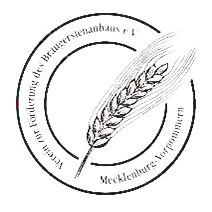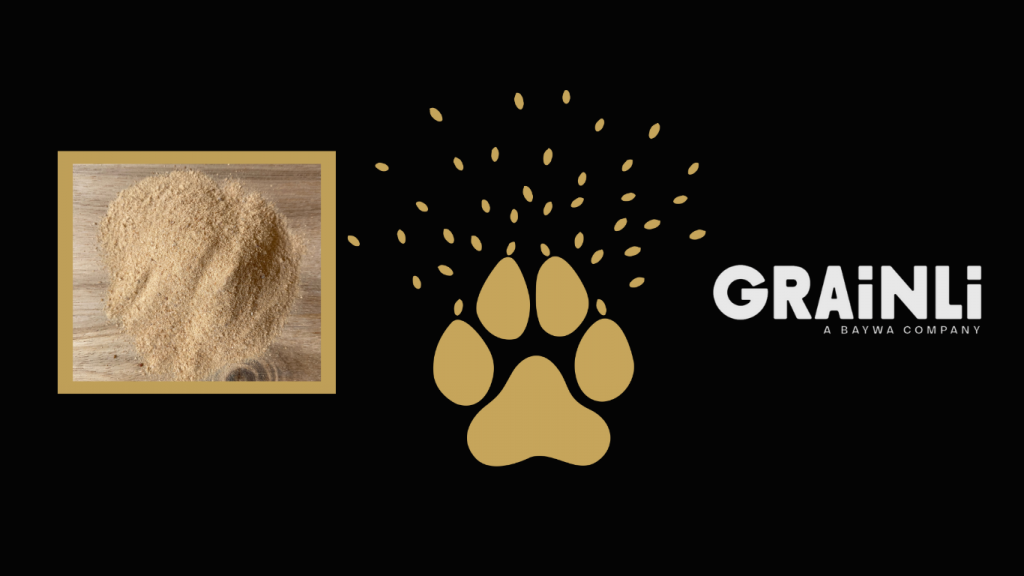Tapioca starch is a carbohydrate obtained from the cassava root (Manihot esculenta), a tropical plant. The starch is obtained by a process in which the root is washed and crushed and then dried and ground to obtain a fine powder. It is known for its neutral flavour and excellent thickening properties and stands out on the market as a cost-effective solution for both feed and food formulations.



100% Gluten-Free
GMO-free
100% Vegan
Herkunft:
Thailand, Vietnam
Verpackung:
Big Bags und loose

Tapioca starch offers significant benefits for pet food manufacturing, including its hypoallergenic properties and suitability for grain- and gluten-free diets. The use of tapioca starch in pet food formulations can help manufacturers meet the diverse needs of pets and pet owners while ensuring the production of high quality, nutritious and appealing pet food products.
Wir sind Ihr Wachstumspartner in der Welt der pflanzlichen Rohstoffe.
Mit einer soliden Erfolgsbilanz in den Bereichen Tiernahrung und Brauwirtschaft sind wir bestrebt, Ihnen erstklassige pflanzliche Rohstoffe zu liefern, die zu Ihrem Erfolg beitragen.





40 Länder
Über 15 Jahre
100%



Tapioca starch is an excellent choice for the production of pet food due to its hypoallergenic properties and is therefore also suitable for pets with food intolerances. It acts as a highly effective binder and thickener, improving the texture and consistency of dry and wet pet food. In addition, its grain-free nature makes it ideal for grain-free food formulations.
Tapioca starch can increase the palatability of pet food by improving its texture and consistency. Its neutral flavour does not affect the taste of other ingredients, making it a good choice for preserving the natural flavour of pet food.
Tapioca starch offers several advantages over other carbohydrate sources, e.g. its hypoallergenic properties and its suitability for grain-free recipes. Tapioca starch is a good alternative to cereals and has excellent thickening and binding properties. However, it is important to balance the use of carbohydrates with other nutrient-rich ingredients to ensure a complete and balanced diet for pets.
Tapioca is not poisonous to animals and is contained in many types of commercial feed. Tapioca starch provides energy and promotes good digestion. It is mainly used as a binding agent in feed to prevent the dry food from disintegrating and to improve the consistency and flavour.
Yes, tapioca starch is a versatile, plant-based ingredient that is perfect for vegan foods. Its hypoallergenic nature, gluten-free character and ability to improve texture without compromising flavour make it a valuable addition to a wide range of vegan products.
Tapioca starch is characterised by its unique properties compared to other starches: It has a low gelatinisation temperature and is therefore ideal for thickening cold preparations such as salad dressings and ice cream. It is characterised by its neutral taste and its ability to give food a pure, silky texture.
It also has a high clarity, making it a popular choice for products where transparency is desired.
Außerdem weist es eine hohe Klarheit auf, was es zu einer beliebten Wahl für Produkte macht, bei denen Transparenz gewünscht ist.
Grainli tapioca starch is native, i.e. it is the pure form obtained directly from the cassava root without its chemical structure being altered. However, if required, we can supply both native and modified tapioca starch.
Native tapioca starch has a relatively long shelf life, usually 24 months, if it is stored in its original packaging in a cool, dry environment and protected from direct sunlight.
Tapioca starch is extremely versatile and can be used in a variety of baking applications. In addition to its natural flavour and gluten-free properties, it improves texture, provides moisture retention and can be frozen and thawed.
These properties make tapioca starch an essential ingredient for bakers looking to improve the quality of their products, address nutritional needs and create innovative baked goods.
Tapioca grows in regions such as Asia, Africa and South America. In most of these countries, tapioca starch is used in the food sector. The largest producers of tapioca starch for animal feed are Thailand, Vietnam and Cambodia. Parts of Africa and Brazil also produce tapioca starch.
